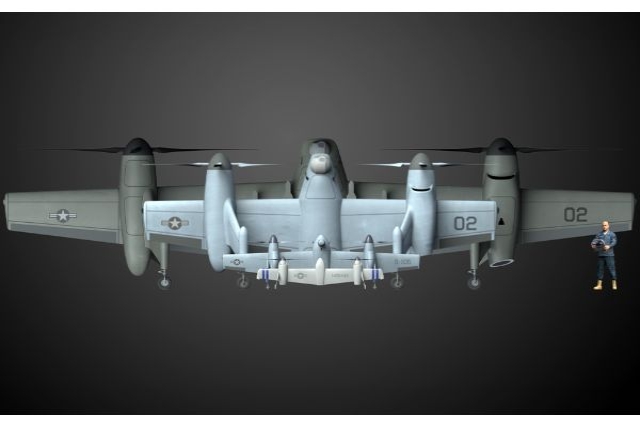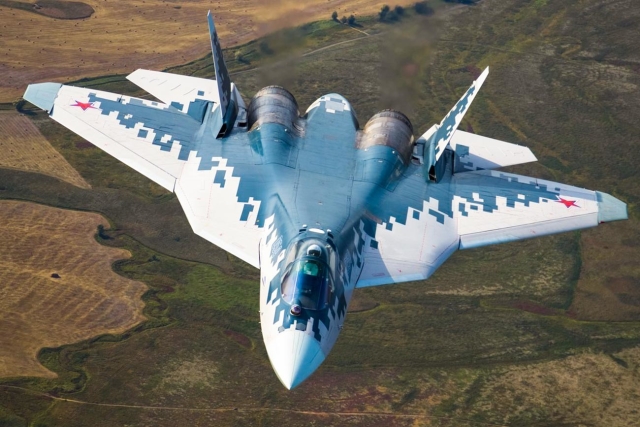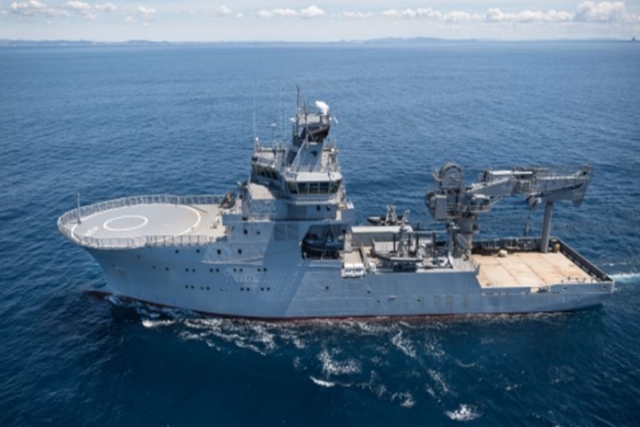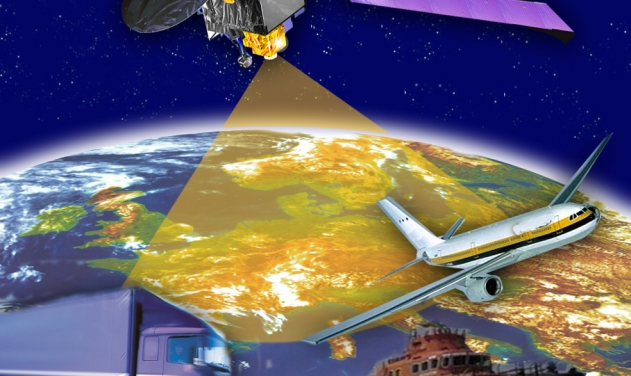Rafale orders boost Thales results for 2009
The Board of Directors of Thales met
today to close the financial statements for 2009. Thales Chairman and CEO, Luc Vigneron, commented: “In
a persistently depressed global economic environment, our revenue growth and robust order intake are
testimony to the solid foundations of our customer base, primarily governments and infrastructure operators.
However, our results have been affected by significant difficulties on a number of contracts and by the crisis
in the air transport sector. With a new management team in place, clear targets through the Probasis action
plan and an organisational structure that brings us closer to our customers, the entire company is focused on
returning to profitable growth.”
New orders booked in the 2009 financial year amounted to €13,927m, a slight decrease of –2% on an
organic basis compared with 2008, when order intake was particularly brisk. The book-to-bill ratio1 stood at 1.08. The order intake figure reflects several major orders worth a total of €3,513m, including Tranche 4 of the
Rafale programme and FREMM frigates in France, the Sentinel programme for the European Space Agency,
the North-South rail link in Saudi Arabia, the Mexico City urban security programme and air defence radars in
Finland. However, the volume of orders with a unit value of less than €100m fell, particularly in Aerospace &
Space and Security. Defence orders decreased by –5% to €6,093m, compared with €6,547m in 2008. The book-to-bill ratio
remained higher than 1 (at 1.06), even though the naval business benefited from a volume of major contracts
in 2008 (CVF aircraft carrier programme in the United Kingdom, corvettes for Morocco and FREMM frigates
for Italy) that was not repeated this year, despite several significant successes, including the minehunter
upgrade programme in Singapore and equipment for the three additional FREMM frigates in France. Order
intake by the Air Systems business was also lower, with the replication orders of the ACCS LOC1 air
command and control system contract for NATO and the GM400 radar contract for Finland failing to offset
the decrease in orders for civil air traffic control systems, weapon systems and missile electronics (the air
traffic control business had booked the Lorads III contract in Singapore in early 2008). By contrast, new
orders booked by the Land & Joint Systems business increased significantly, with growth driven in particular
by major contracts in domestic markets (Rafale optronics in France, FIST future soldier system contract in
the United Kingdom) as well as tactical communication and vehicle system contracts in export markets.









